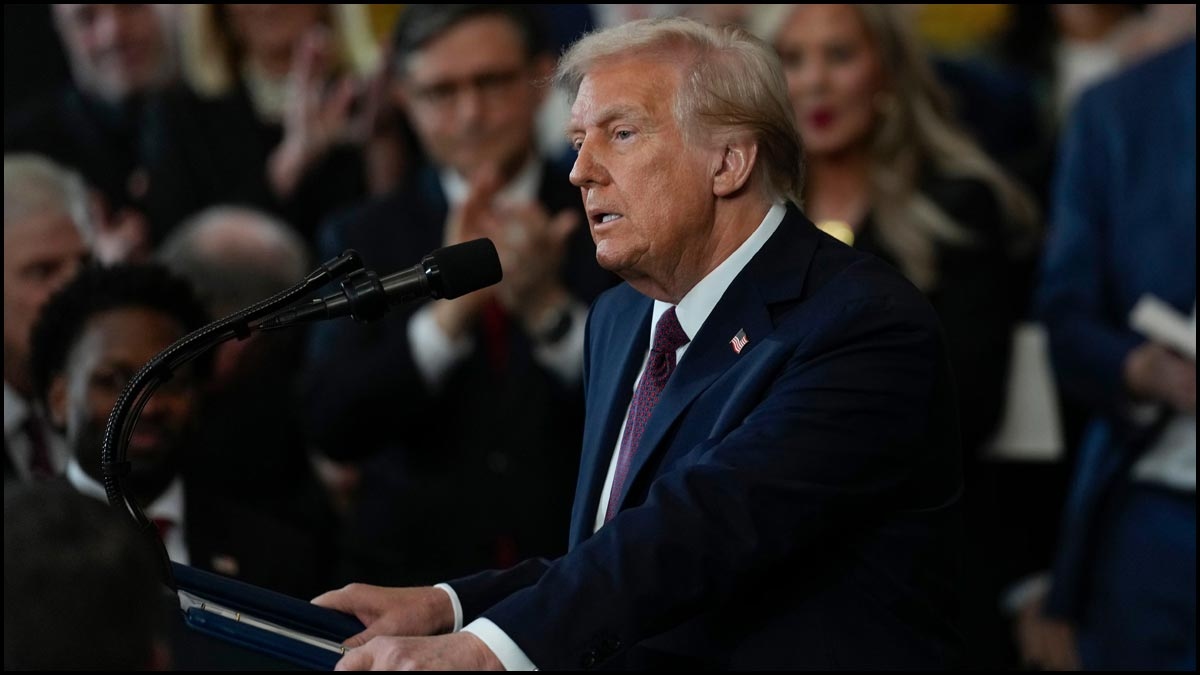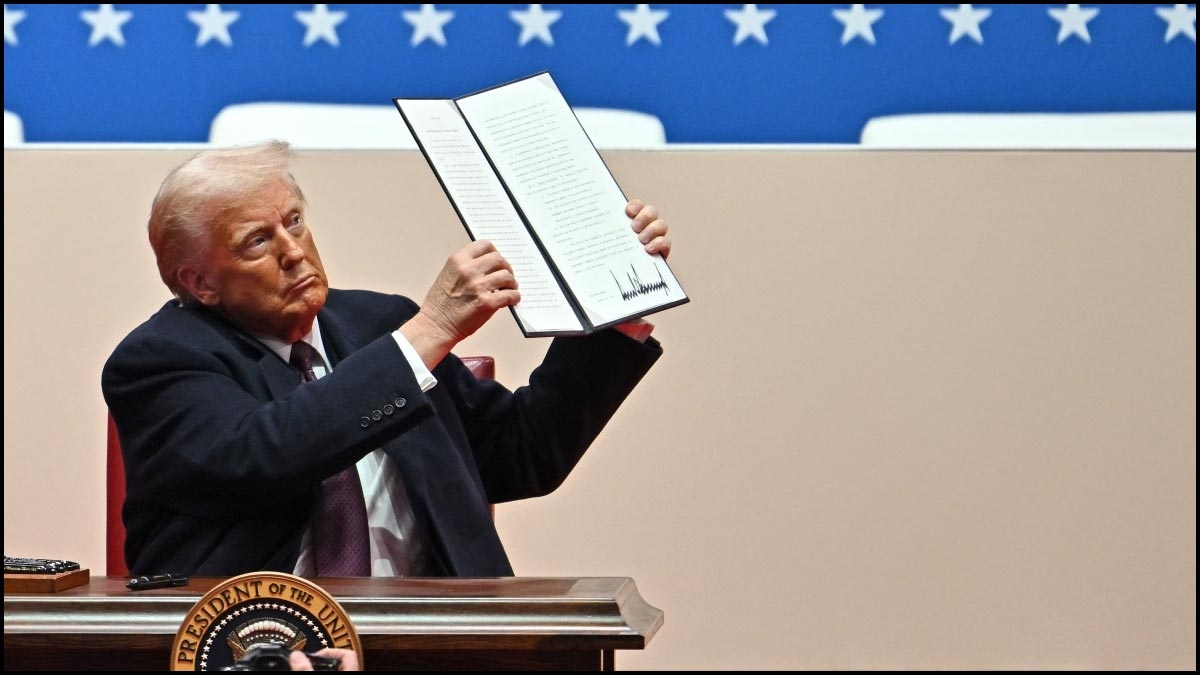
On January 20, 2025, President Donald Trump signed a series of executive orders that significantly alter federal policies on gender recognition and diversity initiatives. Central to these actions is the directive that the U.S. government will now recognize only two genders—male and female—based on an individual's sex assigned at birth.
The executive order mandates that all federal agencies adhere to this binary understanding of gender. This policy change reverses previous guidelines that allowed individuals to self-identify their gender on official documents, such as passports. Under the new directive, options like the 'X' gender marker, introduced to accommodate nonbinary, intersex, and gender nonconforming individuals, will be eliminated.
Beyond documentation, the order affects various federal programs and services. Entities receiving federal funds, including prisons and shelters, are now required to assign individuals to facilities corresponding to their sex assigned at birth. This shift aims to standardize practices across federal institutions but has raised concerns among advocacy groups about the potential implications for transgender and nonbinary individuals.

In conjunction with the gender recognition order, President Trump has directed the cessation of Diversity, Equity, and Inclusion (DEI) programs within the federal government. An administration official stated that this move is intended to "end DEI inside the federal government," effectively cutting funding to such programs across all agencies. This action aligns with the administration's broader objective to promote a "colorblind" meritocratic vision, as emphasized in President Trump's inaugural address.
These executive orders have elicited a spectrum of responses. Supporters argue that the policies restore traditional definitions and promote fairness by eliminating what they view as preferential treatments. Conversely, civil rights organizations and LGBTQ+ advocacy groups have expressed strong opposition, contending that the measures undermine the rights and recognition of transgender and nonbinary individuals. Kelley Robinson, President of the Human Rights Campaign, criticized the orders, stating they "serve no other purpose than to hurt our families and our communities."
Legal experts anticipate that these policy changes may face challenges in the courts, as debates continue over the balance between governmental standardization and individual rights. The administration's actions mark a significant shift in federal policy, setting the stage for ongoing discussions and potential legal battles regarding gender identity and diversity initiatives in the United States.